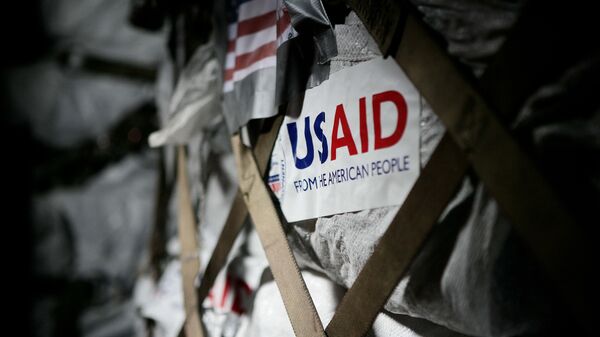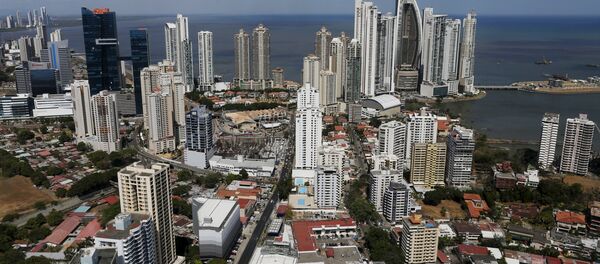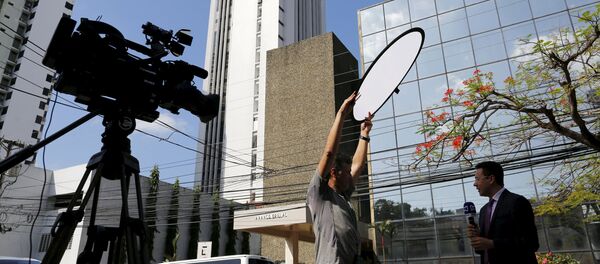USAID Inspector General Ann Calvaresi Barr said in a statement to a US House of Representatives committee on Thursday that US investigations, some of which are still in progress, cast doubt upon USAID’s oversight protocols. During the ongoing Syrian civil war, America has furnished billions of dollars in aid.
Most often, the fraud entails the staff of USAID's local partners and those companies selling humanitarian supplies, colluding to accept kickbacks or bribes for assistance in winning a contract.
There were also instances where items were swapped out for less expensive substitutes, which caused an inflation in billing. One case entailed a Turkish vendor delivering food ration kits with salt instead of lentils.
Since aid is needed so urgently in Syria, Barr said some of USAID’s partners deployed, "less than full and open competition to carry out large-scale procurements of food and non-food items."
She said these partners also neglected to inspect deliveries properly, noting one instance where food packages had been accepted based on weight instead of content. It was revealed that the intended package had been substituted for cheaper, lower quality food.
USAID has received 116 allegations of theft, procurement fraud and bribery since February 2015, a considerable uptick from 2014. Six USAID programs have been suspended, 15 companies or individuals implicated in bidding schemes have been suspended or barred, and ten people working for partners have been barred outright. This has led to some $115 million in savings, according to Barr.
Roughly one-fifth of the complaints made to the office of the inspector general dealt with funds being diverted to militant groups. No reports of funding being diverted to Daesh were found, but reports of supplies making their way to Jabhat al-Nusra, an Al-Qaeda offshoot, increased to five this year, from three such reports in 2015.





